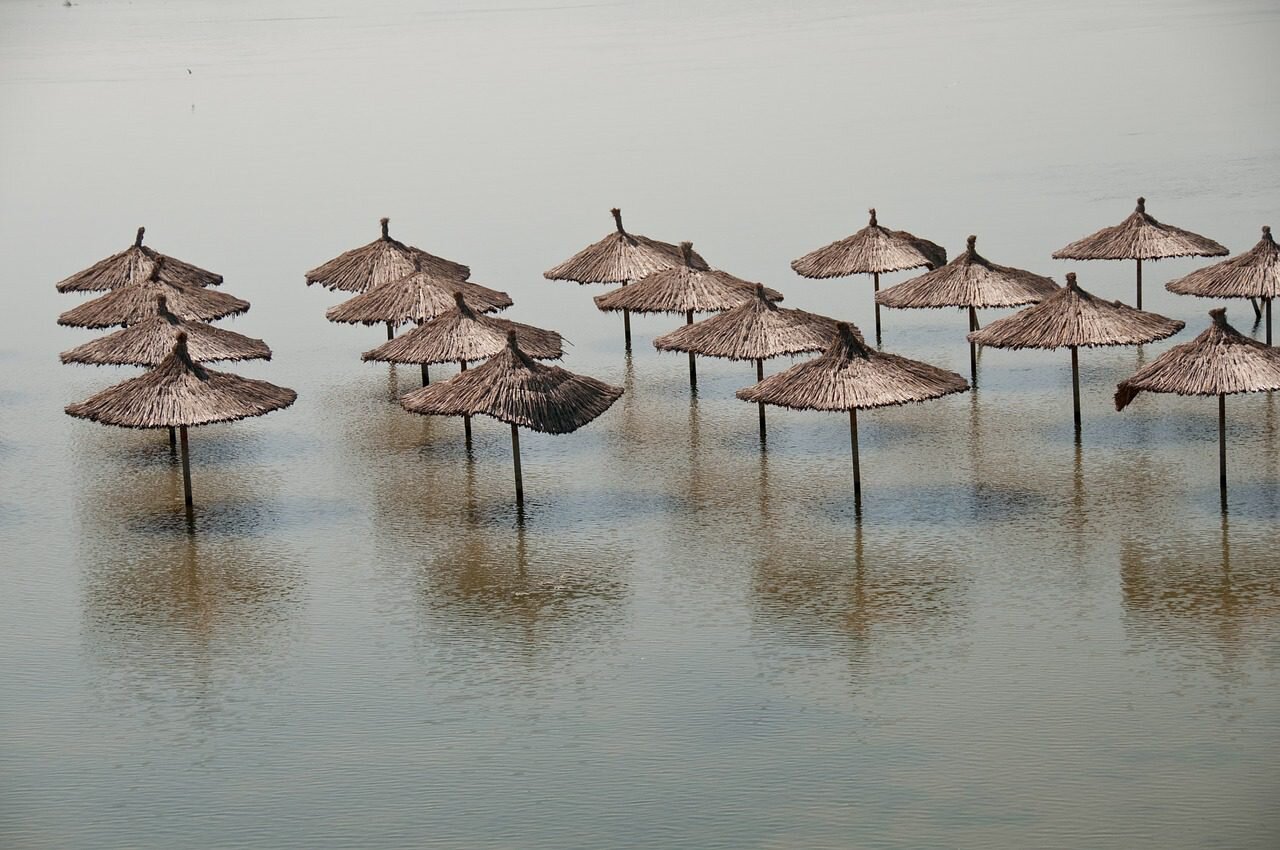This year at WTM London I’ll be speaking with three very different signatories of the Glasgow Declaration. Each of them will be able to share their experiences of the challenges climate action presents, and also the opportunities it's offered them to operate better than before.
As countries edge closer towards different sorts of recoveries, we need to work as an industry to ensure that we continue to support solidarity through any ‘disillusionment stage’ we may encounter.
Even before COVID, we were already an industry in crisis, the consequences of over-tourism causing ever greater resentment from local communities, and the climate emergency set to change everything anyway. We know we can’t go back.
Coronavirus dominates the news, but one doesn’t have to look very far to see people making connections between the current emergency and the climate emergency.
Now is the prefect time to reimagine our train journeys not just as ‘the more sustainable option’, but as a highlight of our holidays in their own right
If we are serious in our efforts to develop a transformative tourism industry, then helping our guests transform their eating habits should be an easy win.
The age of unfettered long haul travel is – though its proponents will deny it for some years yet – coming to an end. It is time to learn to appreciate closer, smaller things. Build a world that celebrates difference, not distance.
Why I have declared a climate emergency for my work in tourism.
While I bang on about best practice and regenerative solutions, my own daily existence continually falls far short of this zero carbon vision.
With every year that passes our need to find the space – in time and in place – for similar reflection on what have done and keep doing to the natural world becomes ever more urgent.
We need to transform our business not to do less harm, but to actively restore the habitats and communities where we work.
Responsible tourism companies should be doing everything they can to encourage customers to come by means of transport other than plane.
To imagine what tourism should do next, I go dancing
Stripped away of all the commercialising, the pointless plastic souvenirs, the tick box FOMO, the binge flying, tourism is at heart something very, very special, and increasingly needed.
What if the solutions to the world’s biggest challenges come not from doing more work, but from doing less? What role does tourism play then?
Language frames the way we see the world, and as an industry whose entire remit is to enable people to see the world, tourism needs to think carefully about how it does so.
How can our industry continue to profit from enjoying what is left, if we aren’t driving the urgent efforts to protect it?
ourism gives us the chance to step away from our daily realities. It gives us the chance to experiment and experience alternative, sustainable, hopefully better, ways of living.
A wave of climate protest is sweeping the planet, and those of us working in tourism would do well to reflect quickly on how it will impact our industry, and what we should do.
Reconnecting all of us to nature should be a far more urgent priority. It might end up being our industry’s reason to exist.
The world needs an alternative to consumerism if it is to survive. Tourism sells the experiences that offer those alternatives. And on Black Friday it sells them at a discount.























An experiement in and exploration of the shared roots and routes of AI and Tourism, of connection, performance, and the ethics of navigating a world where much has been — and will be — lost